This website uses cookies so that we can provide you with the best user experience possible. Cookie information is stored in your browser and performs functions such as recognising you when you return to our website and helping our team to understand which sections of the website you find most interesting and useful.
mindset
podcast
plant-based tips
meal prepping
meal planning
listen now
Plant-based inspiration and wisdom for your nutrition journey
Plant Centered &
Thriving Podcast
Tune in!
learn more
My motto? Take it step by step. Everyone’s on a different journey, and nutrition never looks exactly the same for any two people. To build sustainable, healthful eating habits, I believe in a personalised approach that gets to the root of your unique needs and goals.
Your Registered Dietitian Nutritionist & plant-based eating advocate
hey! I'm Ashley Kitchens

Are you thinking about transitioning into a plant-based diet but are wondering about how this may affect your partner and your relationship? Don’t worry, I’ve been there. It is also one of the most common concerns I hear from my clients. In this post, I will share my plant-based relationship story and everything that I have learned from it.
Focus on who the person is, not on what they eat
To start with, when you’re thinking about going plant-based with a partner, focus more on who that person is, rather than what they eat. This allows you to empathize with them and with what they want in their life. Because even though you are initially changing your habits for yourself, this also creates a pathway for you to become a better version of yourself – and why wouldn’t a partner want to support that? A partner should want you to be happy and always stand behind you as you follow your dreams.
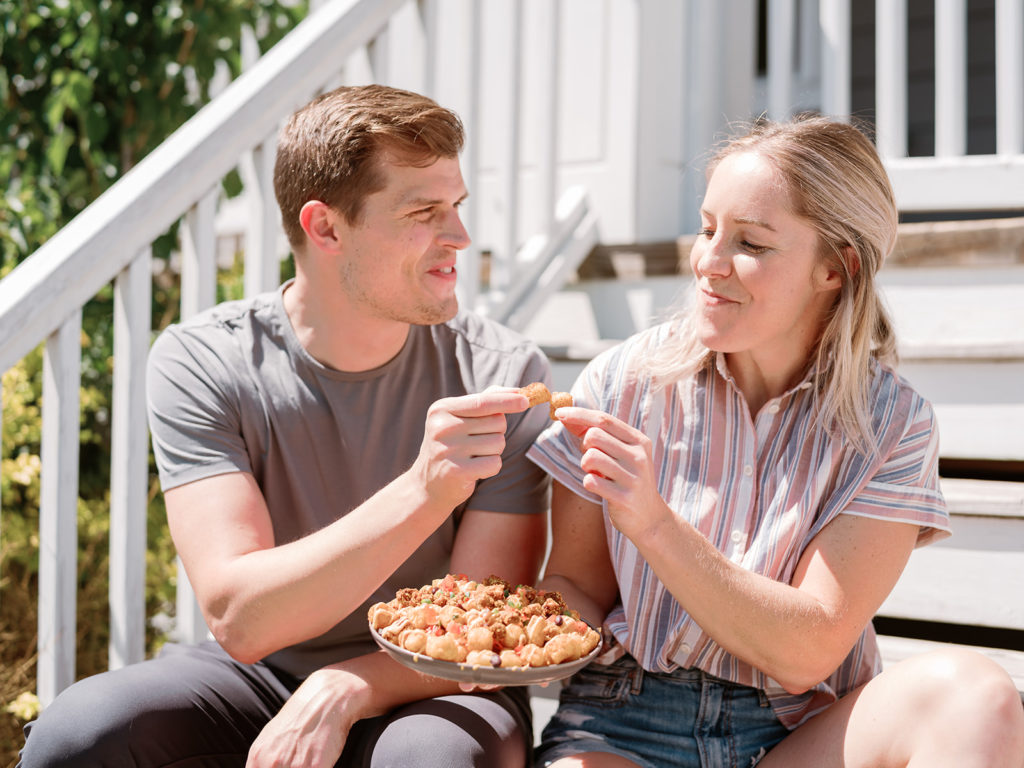
Know your why
Enabling your partner to understand you, I recommend that, for starters, you know your why – why are you making this change? Once you have that figured out, it is time to involve your partner and let them know. A lot of discussions are based on misunderstanding reasons why. Try to have an open and kind conversation with each other. Say, you are having some health issues with your current diet. I doubt to think that most partners wouldn’t be in support of a change like that. You just have to let them in into your internal thought process.
“And I think that allowed him [my partner, Nick] to be even more supportive was because I was vulnerable, and I was very transparent as to my why.“
Establish a mutual respect
Respect is without a doubt a very important base for any relationship. It is even more important when any kind of change is being introduced into the relationship. Even though they might not join you on our journey (yet), they respect it, rather than resent you for it. And we’ve probably all been at a point in our lives where we couldn’t imagine eating plant-based – and look how far you’ve come now.
So maybe your partner or family need a bit more time to join you. Perhaps they will never be fully vegan, but I can tell you from experience that, once there is mutual respect in a relationship, the partner usually introduces more plants and fewer animal products into their diet. And, even though this might be an emotional subject for you, try your best to not make them feel bad for being at a different point in their life.
With my partner, Nick, he still ate plenty of animal products at the beginning of my journey. Now, we are both on the same page when it comes to diet. And all that came from our mutual respect that was without shame or guilt. But let Nick tell you himself:
“And spoiler alert, I ended up becoming plant-based too, because I saw what a great journey you were on. It’s much more enticing if I’m not feeling guilty about it, it feels like my own decision as opposed to something that you’re forcing me into. If it’s my decision, I feel good about owning it and I feel good about my own journey. And you’ve just been an inspiration to me in that way.”
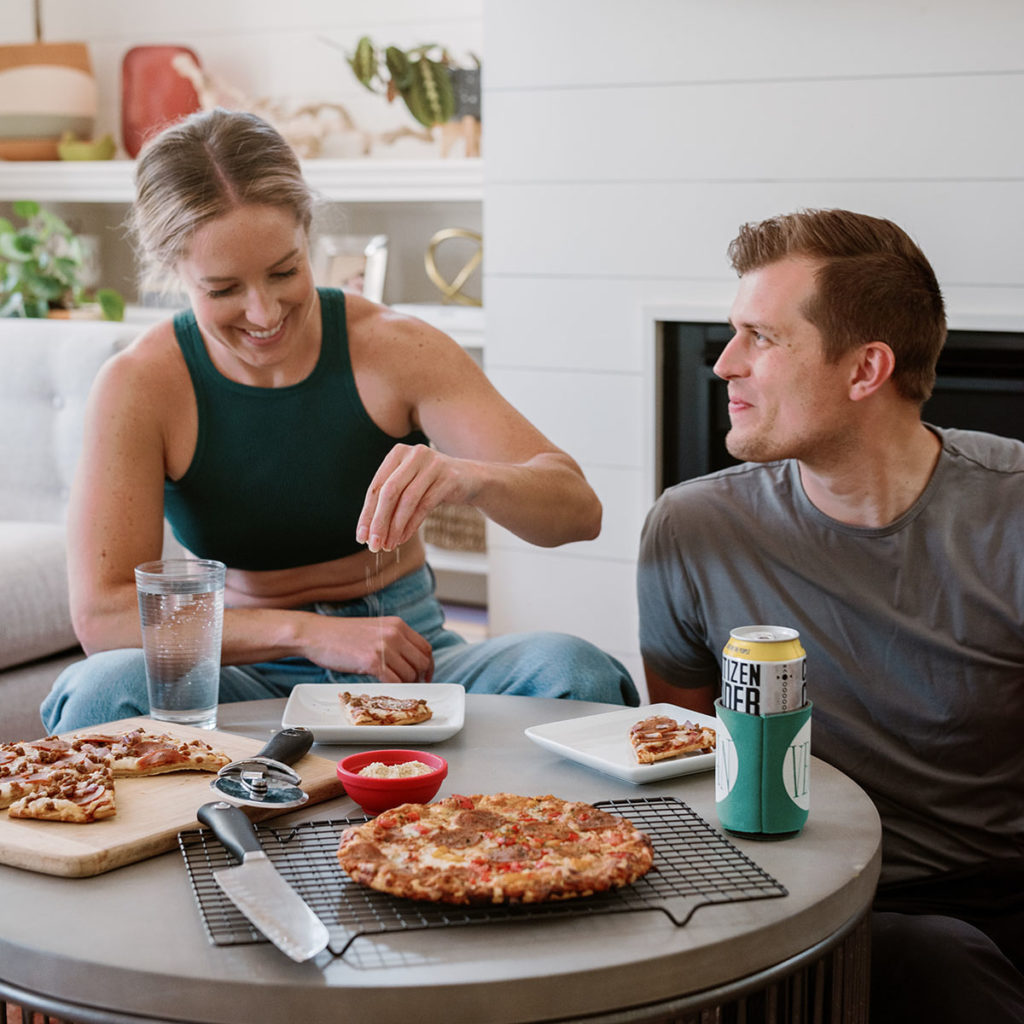
Cook together
Food is the universal language of love. A great tip for all vegans and plant-based eaters out there to convince sceptics is to provide food for them. Usually, people just don’t know what vegan food can look like. “No cheese? No dairy? No meat? So, just grains and veggies, that’s all?”
Maybe you can remember when you had thoughts like this. Rather than just feeding them some yummy plant-based meals is to cook together with your partner. That way, you get to spend some time together, bond and also show them how plants can be transformed into amazing dishes.
A lot of my clients can become overwhelmed when they have to cook so many different meals for their families to meet their dietary needs. My recommendation is to find a base that works for everyone – say, rice, beans and roasted veggies – and let everyone choose their toppings individually.
While you might opt for vegan mayo, others might want a poached egg on top. That way, everyone gets a yummy meal that is very similar. After some time, your partner or family might start to realize that they don’t need their non-vegan add-ons because they find your version just as yummy. Happy days!

Focus on what you gain rather than what you lose
When I went plant-based, I discovered many new food items and ways to cook, it was eye-opening. This is something that most of my clients experience, too. So, if your partner isn’t fully on this journey with you (yet), introduce them to new foods and meals, to shift the focus on what the meal has, rather than towards what is missing. No more cheeseburgers?
Well, but look at these delicious beyond burgers that I whipped up for the two of us. Followed by some delicious non-dairy ice cream for dessert. I guarantee you no one is going to complain about the lack of animal products.
Sometimes, it can be easier to introduce completely new cuisines into the relationship, so you are losing the comparing factor. Or perhaps dishes that are inherently plant-based or vegan, so your partner isn’t feeling like they are missing out on something. Or, as Nick puts it:
“If I had tofu pad thai – completely vegan, completely great. […] I think thinking about meals that are just inherently good for what they are was really helpful for me in the transition.”
Rethinking food also broadens your horizon when it comes to food. Most people in the west might think that a meal has to be centered around animal protein. However, you might find that this is quite different to many other cuisines around the world. That way of approaching food might work better for some people than a one-for-one replacement approach.
One step at a time
When it comes to your partner’s eating habits, take it slow. They might not transition with you, but they may subconsciously reduce their meat and dairy intake. And all those small changes start to add up, you’ll see! Especially, if you cook together or simply offer to make meals for them. They won’t even notice that anything might be different, let alone missing. Nick and I experienced this when I made us pancakes for breakfast on the weekends:
“And that kind of brings up a good point, too, because there were some things that I would make that he didn’t even notice was, quote, vegan or plant-based, like, pancakes are such a great example. I was making pancakes with no eggs, no cow’s milk. I was just using the normal substitutions, and there was no difference whatsoever.”
To summarize, when transitioning with a partner remember to:
- Focus on who the person is, not on what they eat.
- Have respect for one another
- Cook your meals together
- Focus on what a meal has instead of what it doesn’t have
Our family and partners love us and want to support us, and we want to support them, no matter how they eat.
Here are also some do’s and don’ts when it comes to dealing with your partner during your plant-based journey:
Do’s
- Explain your reasons for changing your diet
- Be transparent and understanding
- Respect your partner and their journey
- Cook meals together
- Surprise them with a plant-based meal
- Explore different cuisines and foods together
- Take it one step at a time
Don’ts
- Try and push your partner to join you when they’re not ready
- Cut out all their animal products from their diet without their consent
- Always replace animal products with a vegan substitute
- Force them into a full transition
Our family and partners love us and want to support us and we want to support them, no matter how they eat.
Listen to the podcast episode!
If you enjoyed this episode, go ahead and hit SUBSCRIBE. There is a new episode every Monday. Click here to subscribe on iTunes.
If you’re feeling generous, take a few seconds to leave The Plant Centered and Thriving Podcast a review on Apple Podcasts.
Hearing what you think helps me to curate the best content possible that will benefit YOU. So all you do is click here to review, click “Ratings and Reviews” and “Write a Review.”
Leave a Reply Cancel reply
more to explore
more to explore
Get weekly guidance to support your plant-based journey while strengthening your relationship with food, including weekly plant-based recipe ideas, tips, encouragement and so much more.
Join our newsletter
want blog updates?
explore
Founded by registered dietitian Ashley Kitchens, Plant Centered Nutrition shares approachable, evidence-based insights to inspire a balanced, plant-forward lifestyle. Ashley partners with brands, podcasts, and publications to show that healthy eating doesn’t have to be complicated—it just has to feel good and fit your life.
making plant-based eating easy, joyful, and realistic.
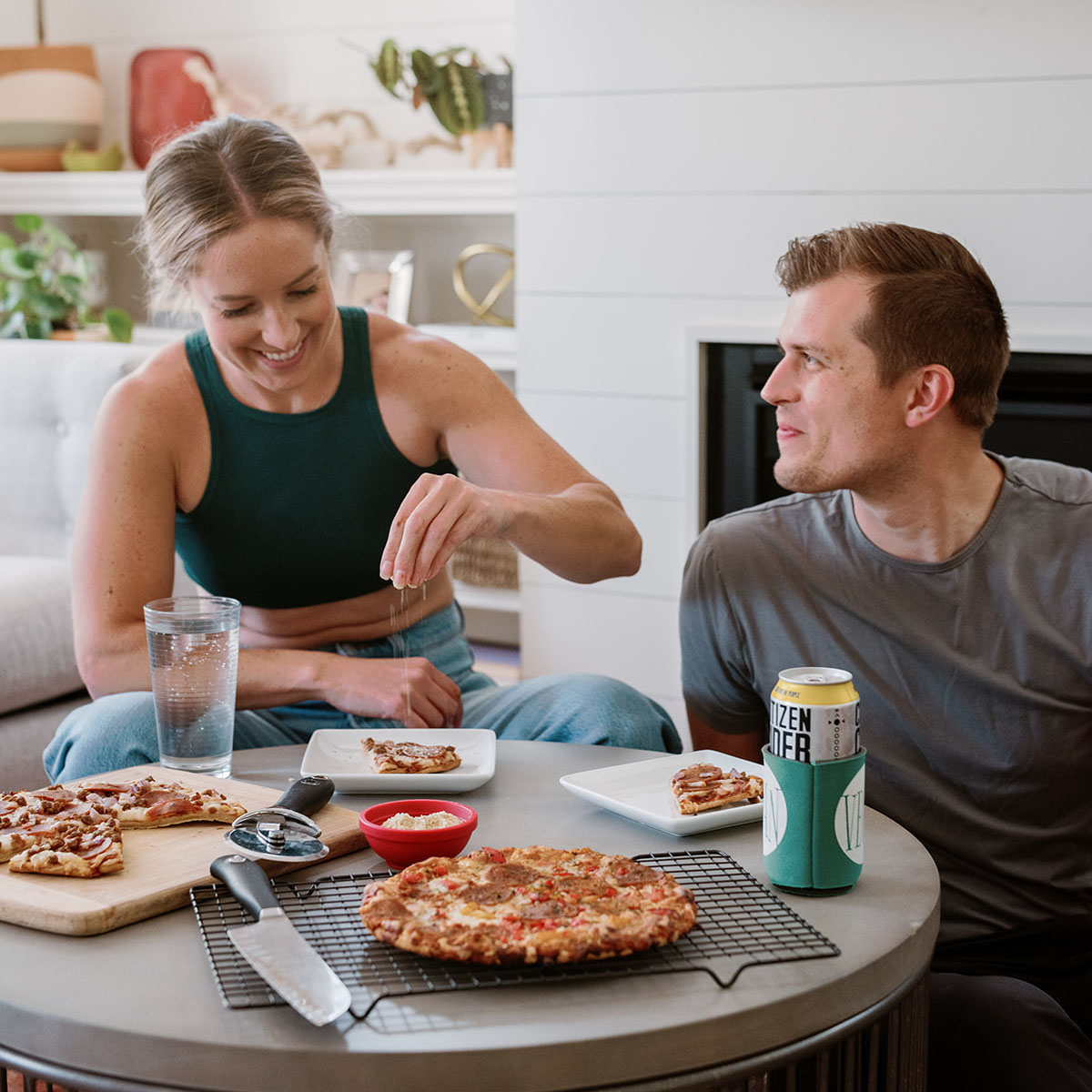







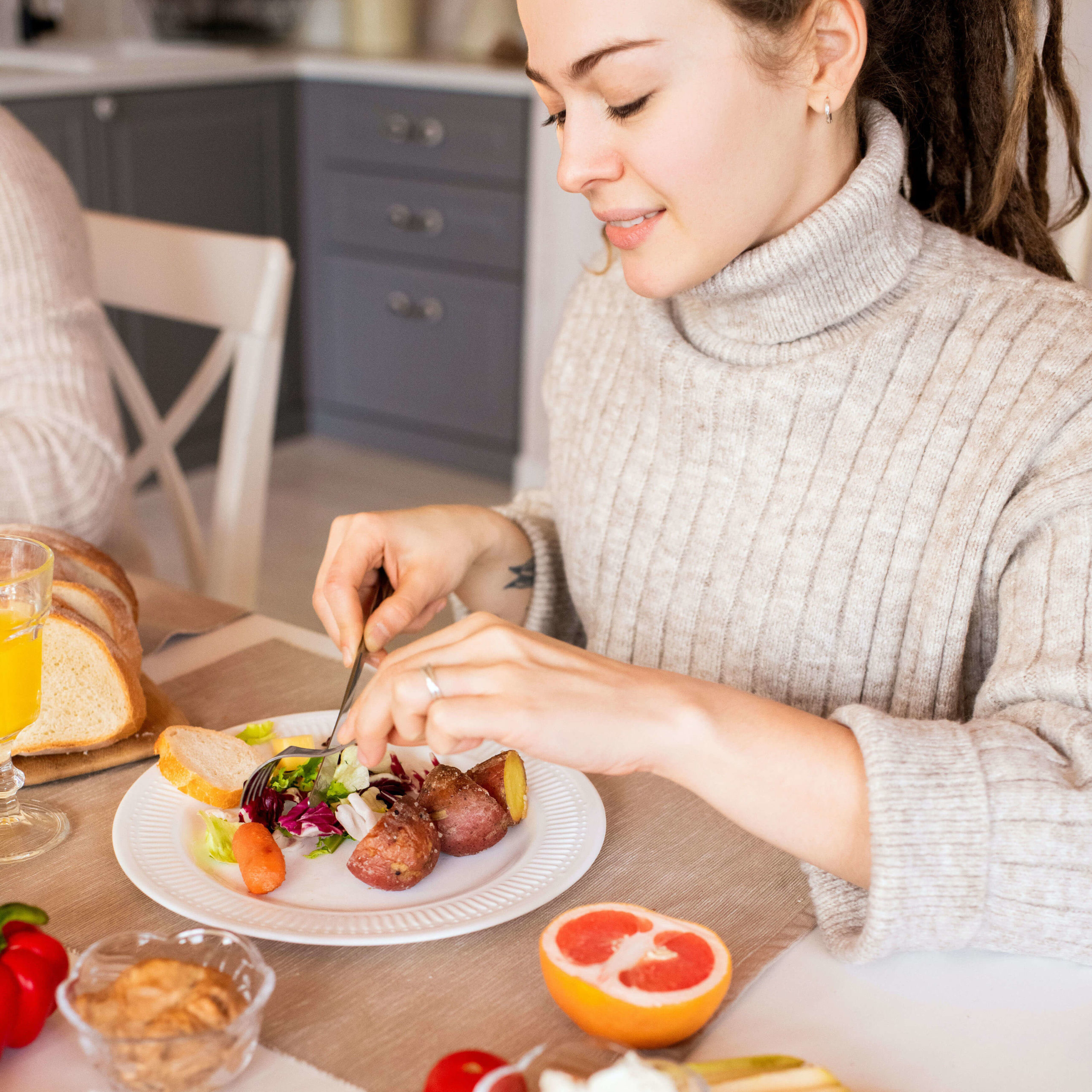
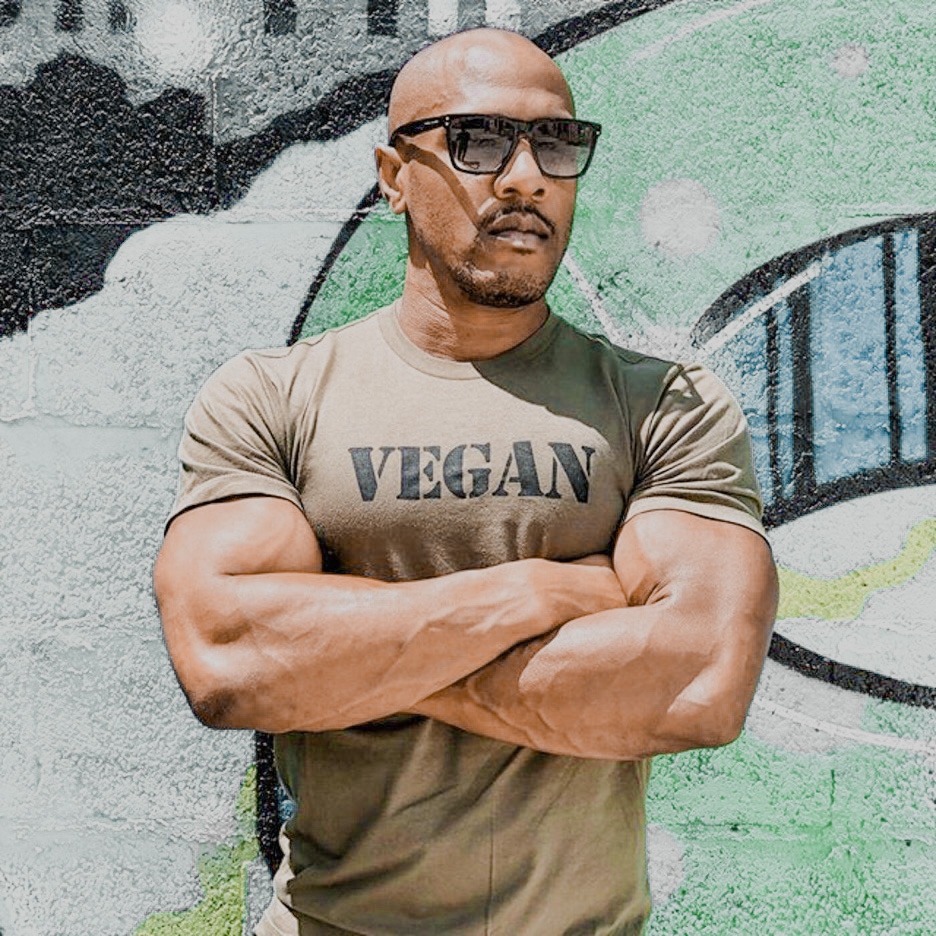

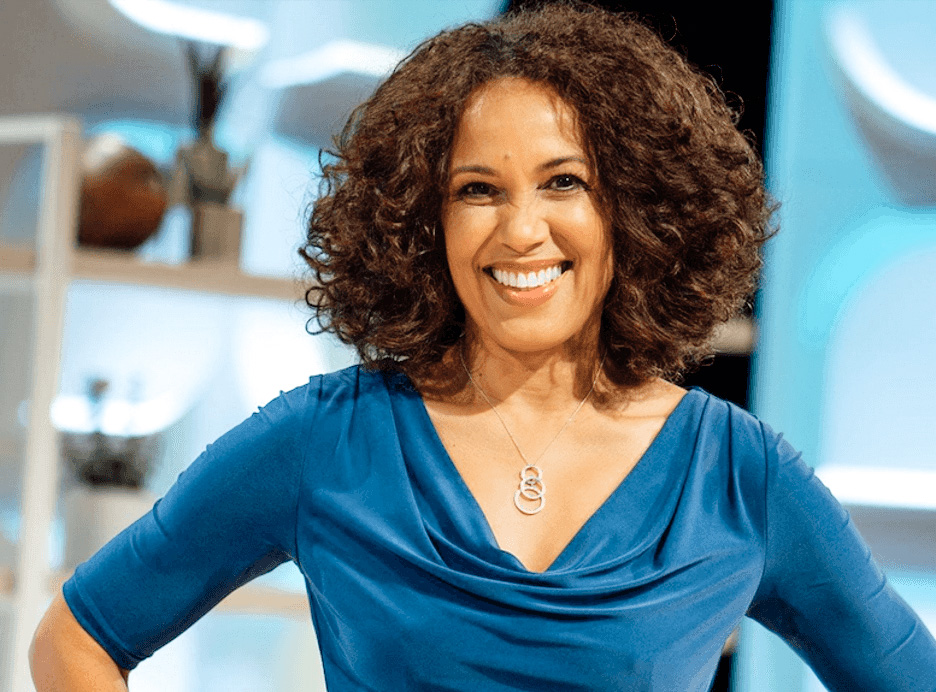


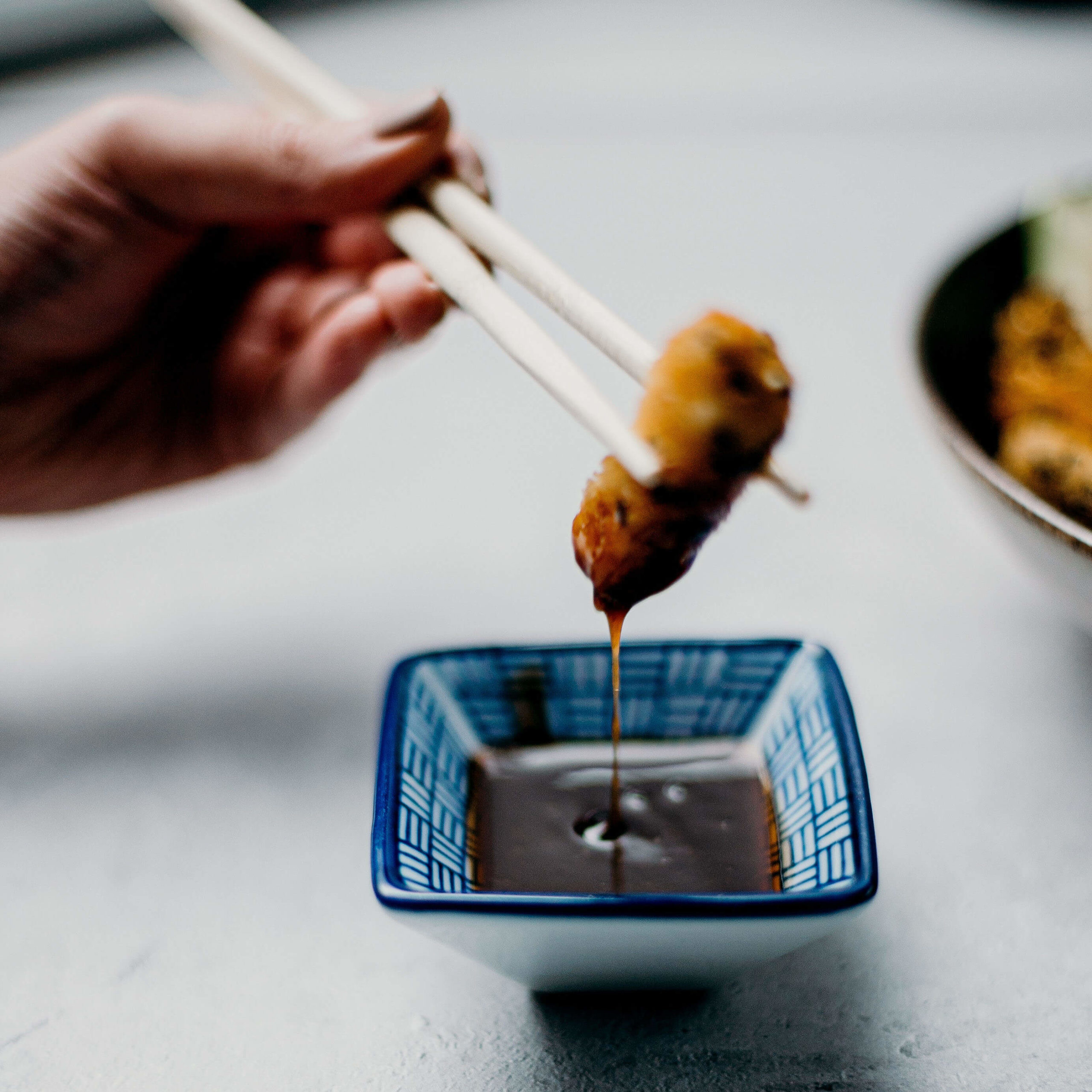

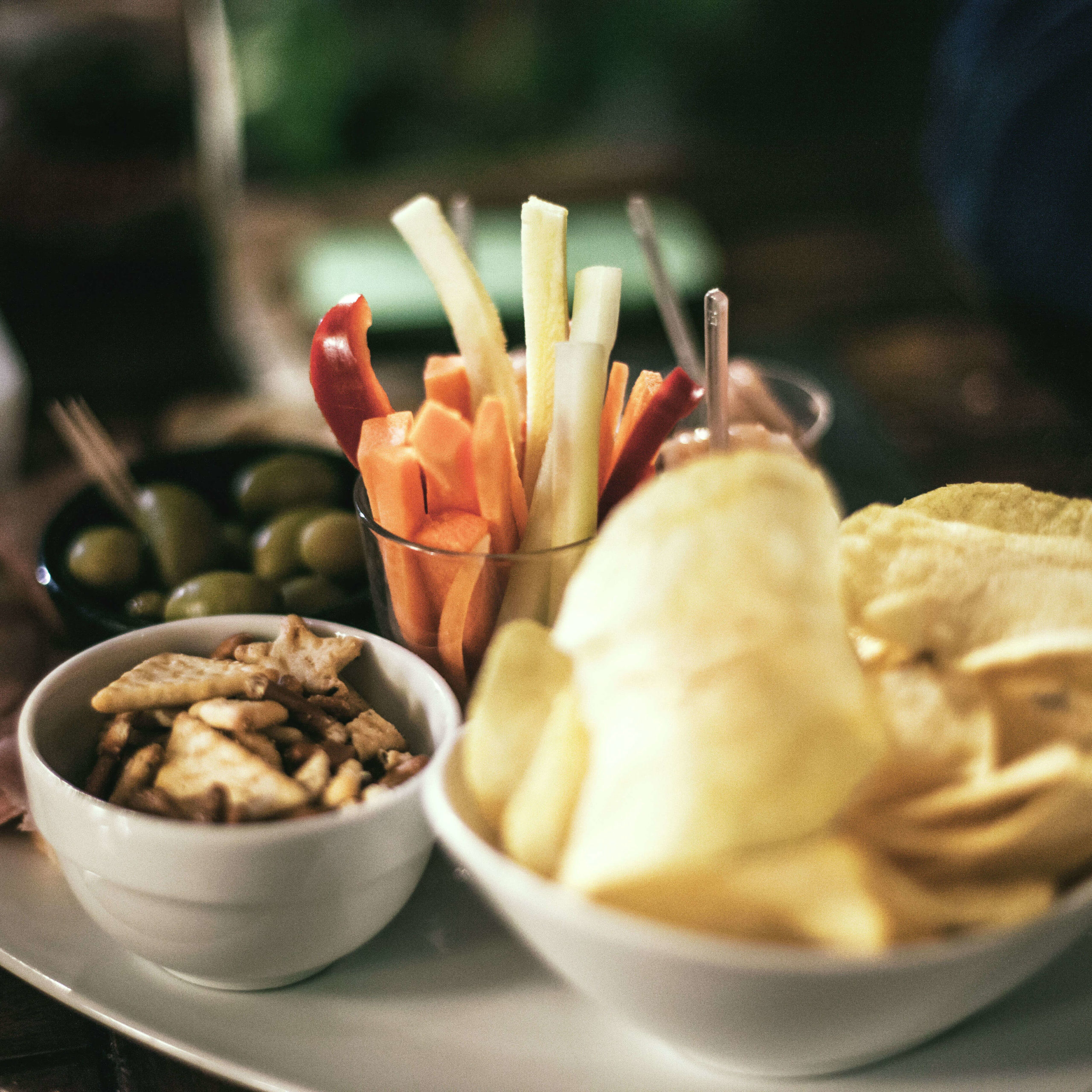
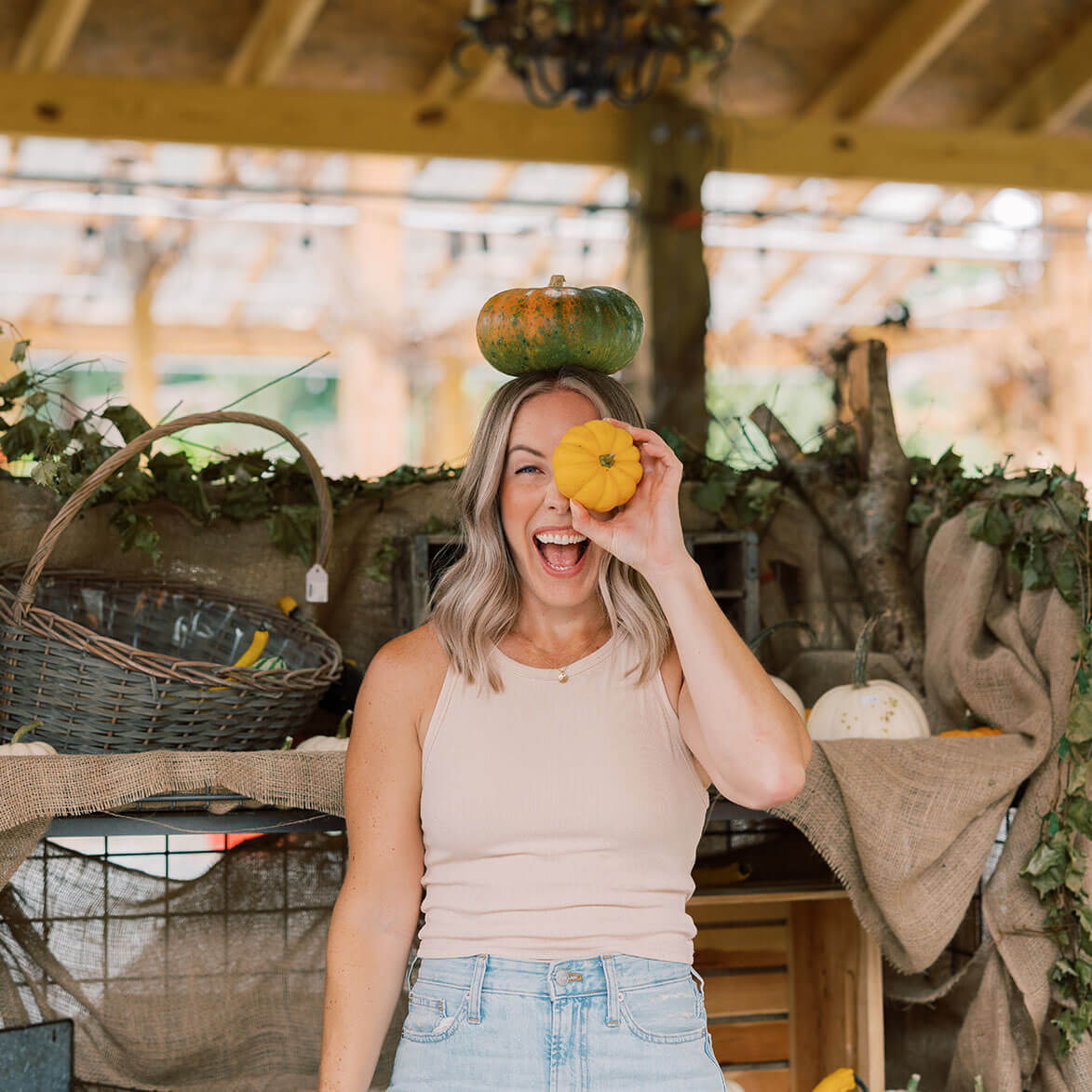
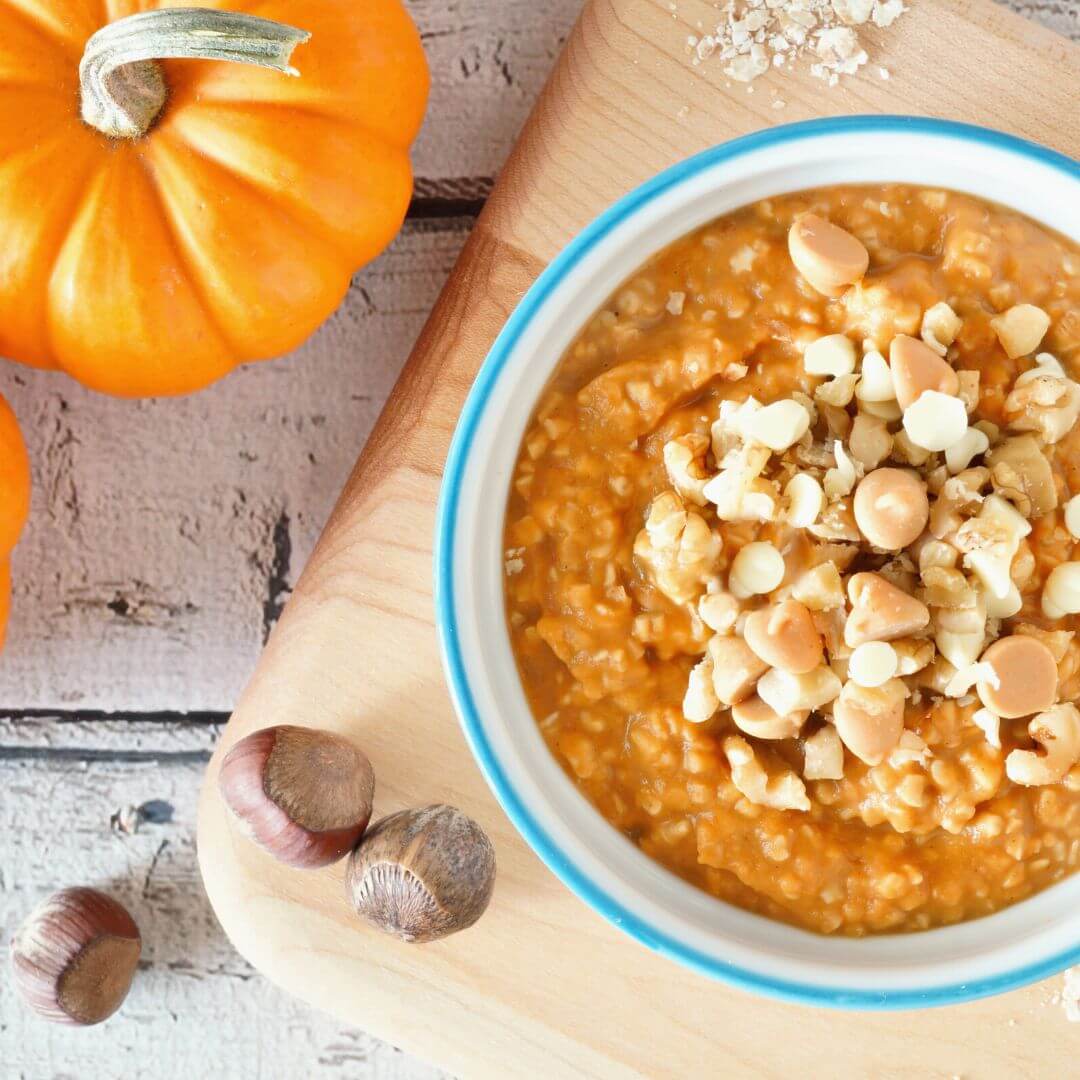
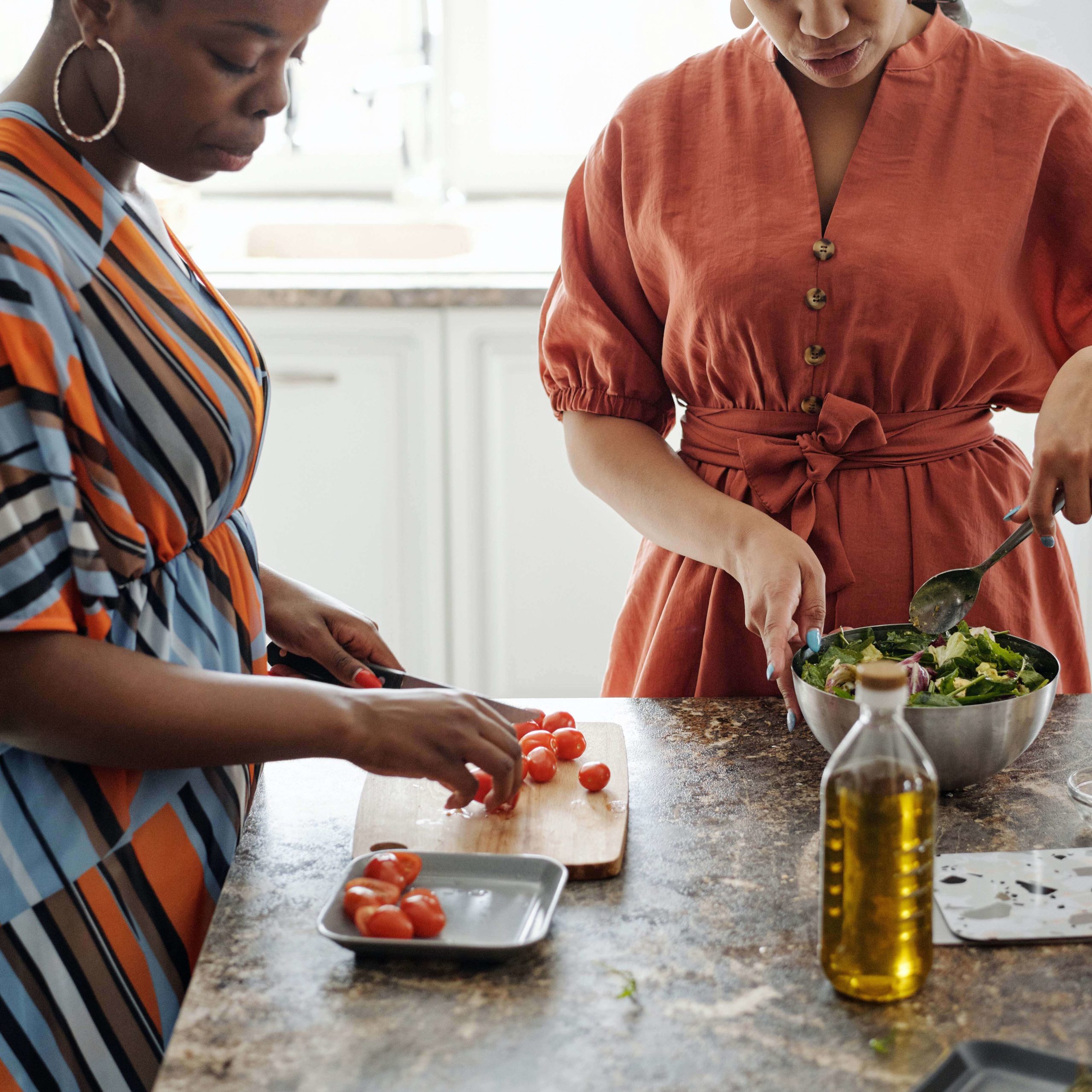
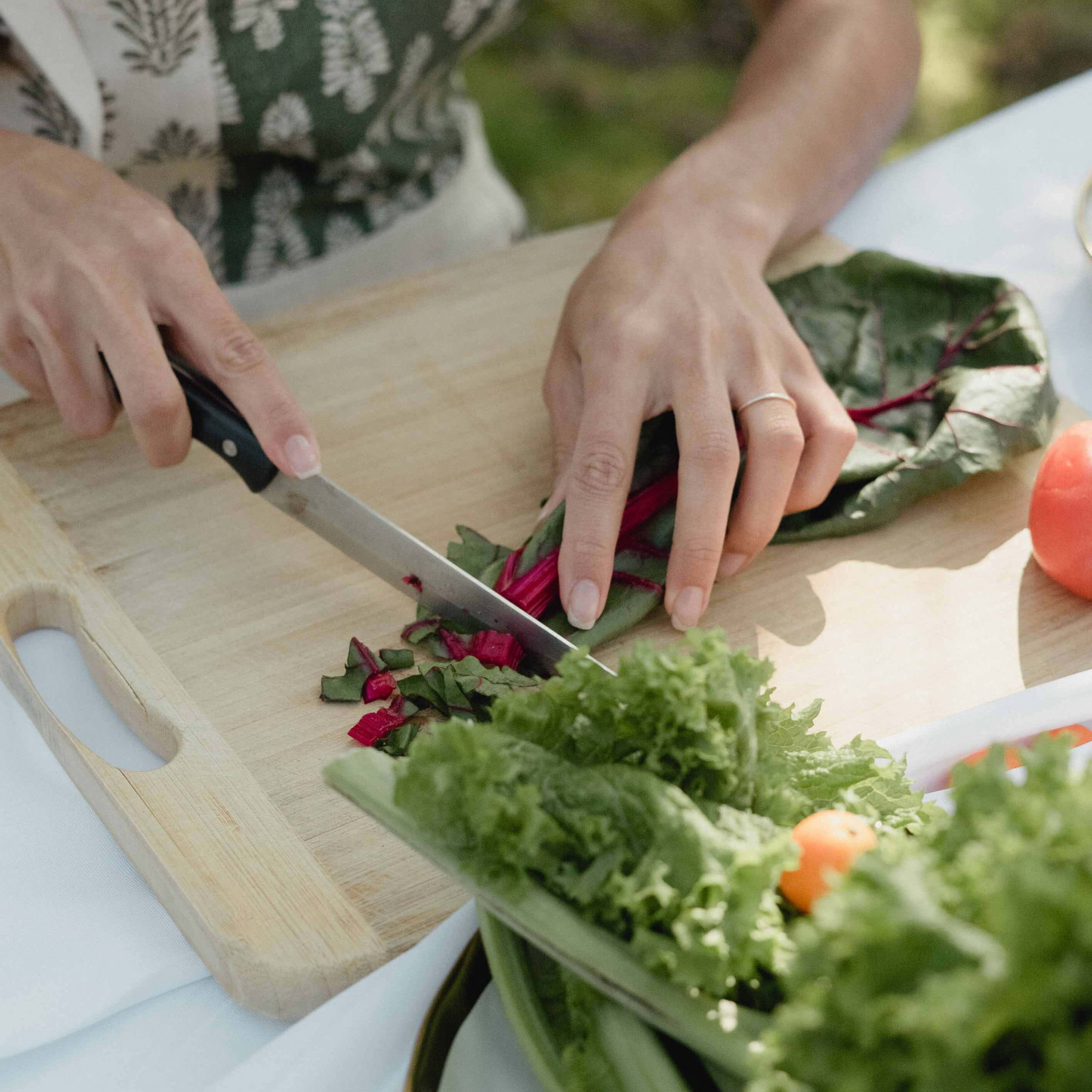

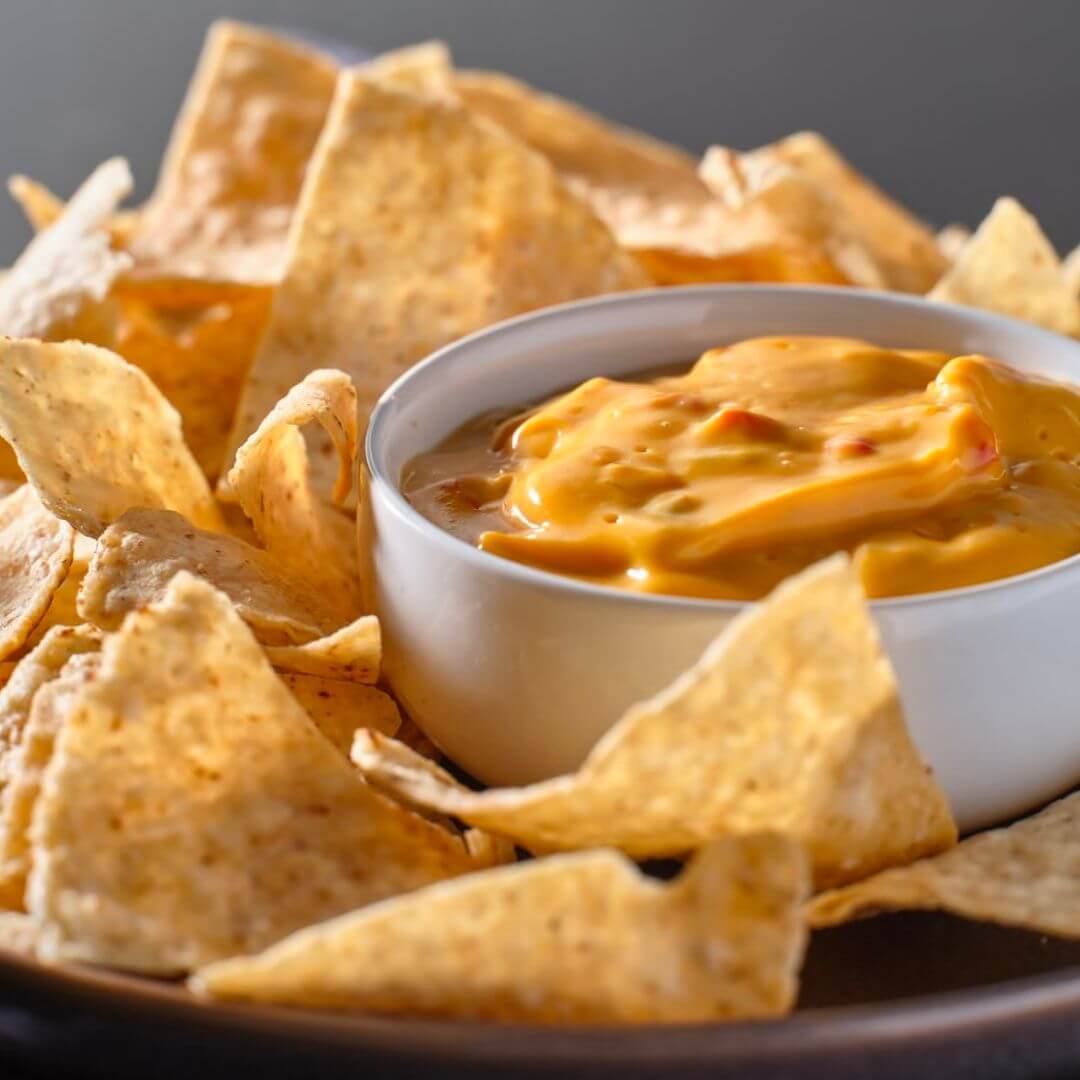
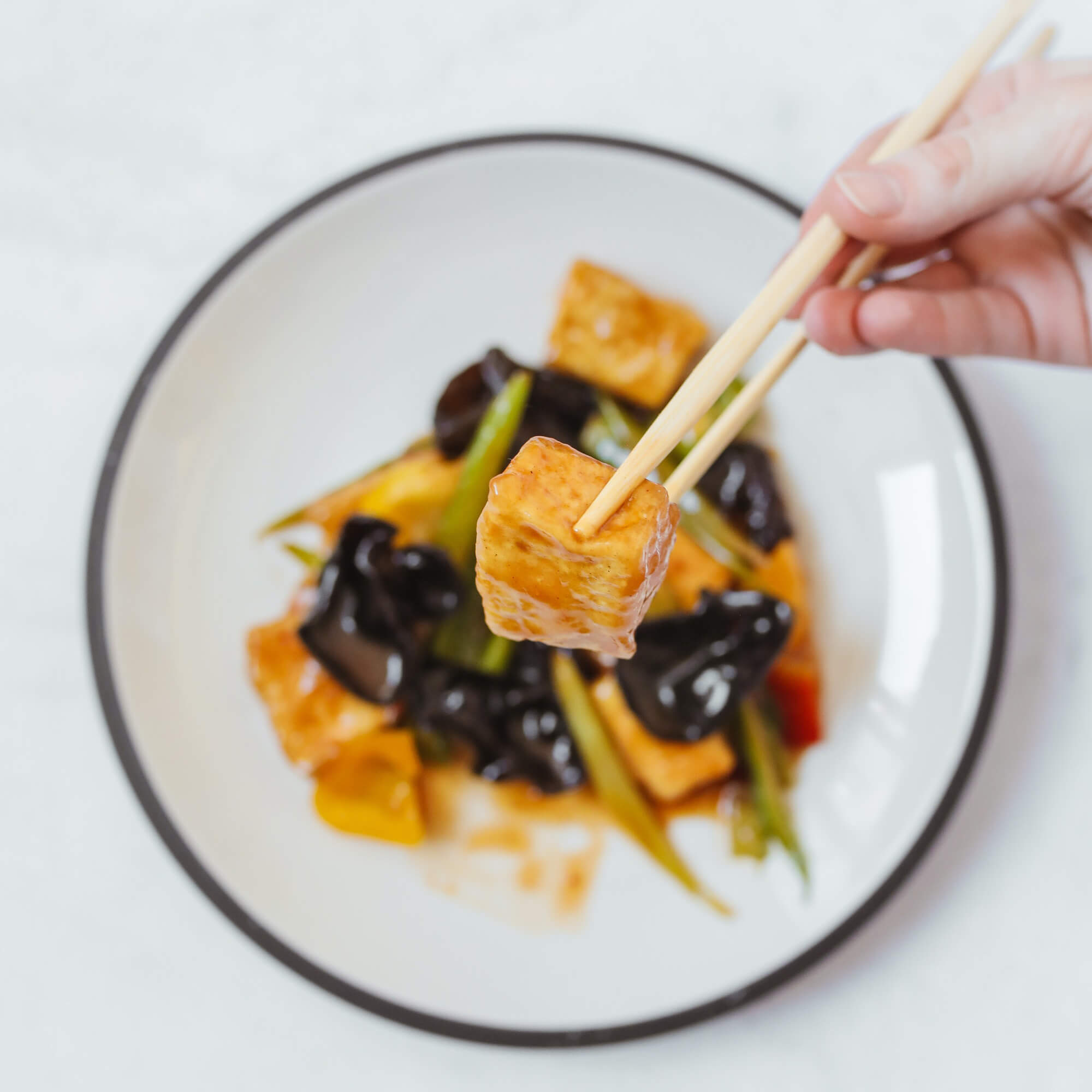
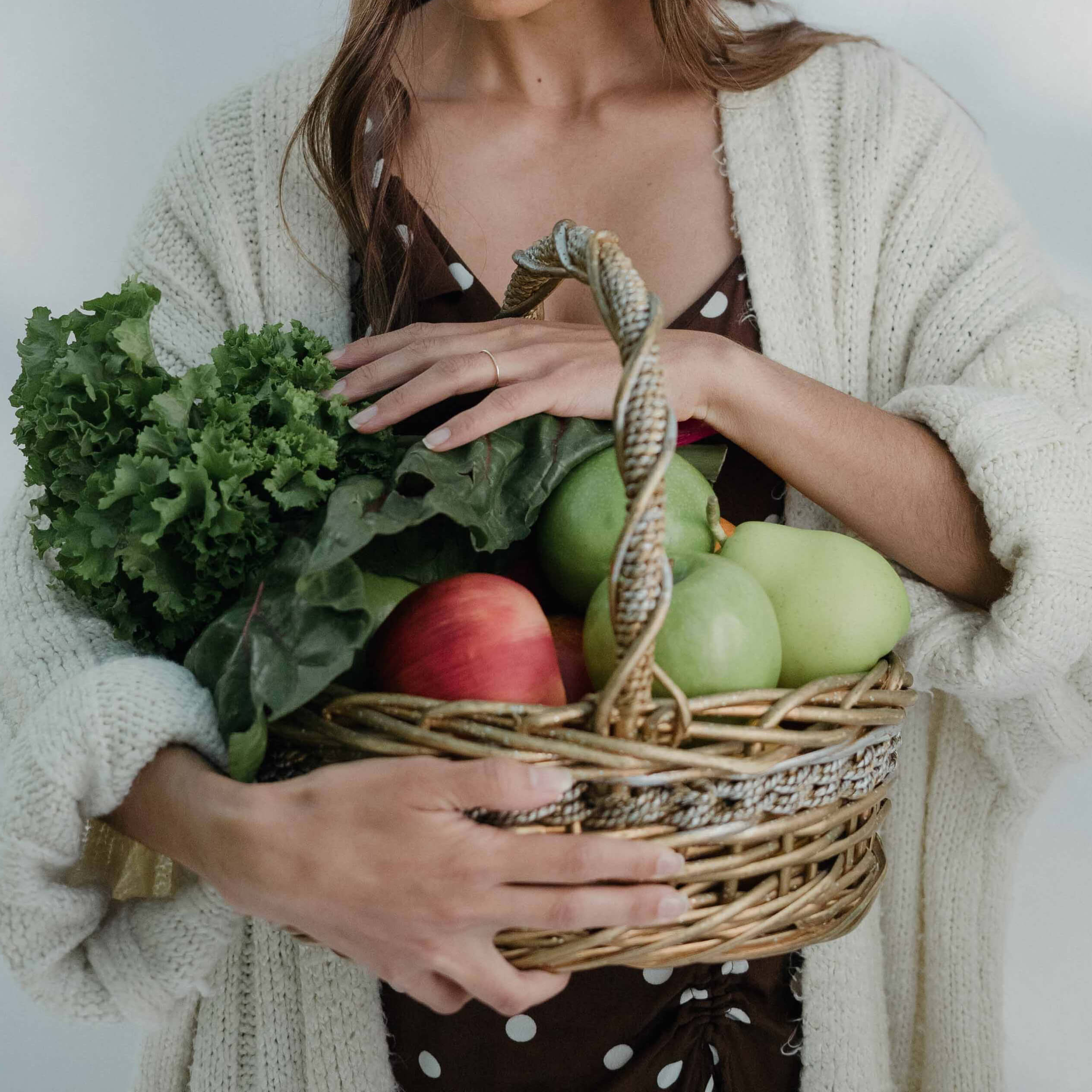

share
click to LEAVE A COMMENT